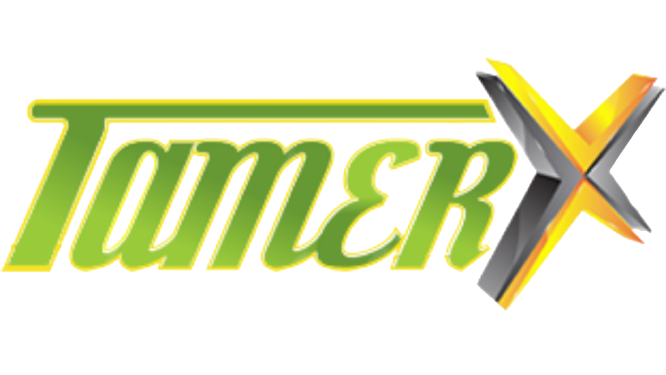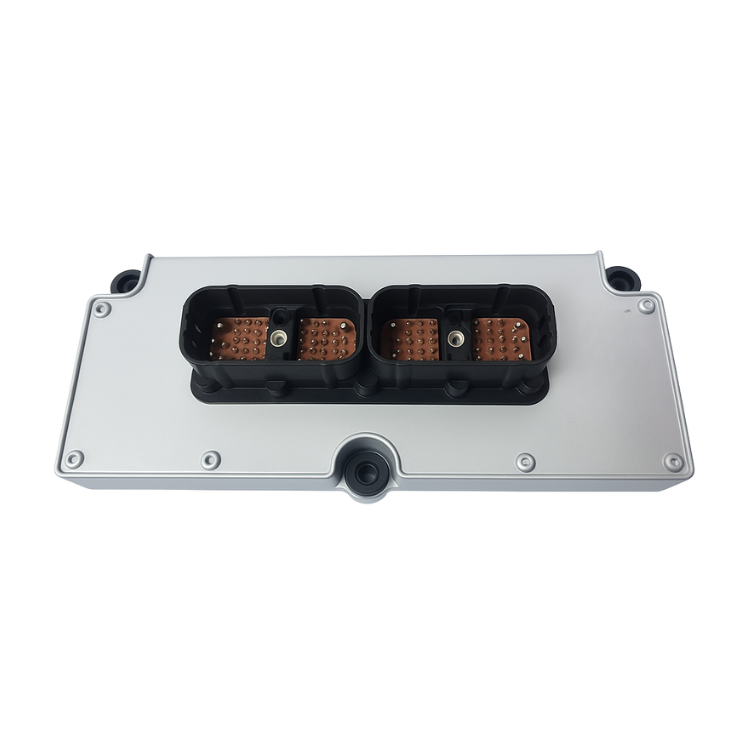The Transmission Control Module (TCM) plays a vital role in managing automatic gear shifts in modern vehicles. When the TCM experiences problems, it often triggers Diagnostic Trouble Codes (DTCs) that can be retrieved with a scan tool. These codes help identify the specific nature of the problem, making diagnostics and repairs more efficient. Recognizing common TCM-related DTCs can help you spot issues early and avoid severe transmission damage.
Common TCM-Related DTCs
-
P0700 – Transmission Control System Malfunction
This is a general code indicating the TCM has detected a fault. It’s usually accompanied by other, more specific transmission-related codes. -
P0715 – Input/Turbine Speed Sensor Circuit Malfunction
Signals a problem with the sensor that monitors the transmission’s input speed. The TCM relies on this data to determine gear shifts. -
P0720 – Output Speed Sensor Circuit Malfunction
Indicates an issue with the sensor monitoring the output shaft speed, which affects gear engagement and torque converter lockup. -
P0730 – Incorrect Gear Ratio
Triggered when the TCM detects a gear ratio that doesn’t match the expected value, often due to transmission slipping or solenoid problems. -
P0750 to P0770 – Shift Solenoid Malfunctions
These codes identify which shift solenoids may be failing, impacting gear engagement or causing erratic shifting. -
U0101 – Lost Communication with TCM
This network-related code signals a communication breakdown between the TCM and other modules, such as the Engine Control Module (ECM). -
P0613 – TCM Processor Fault
Points to a potential internal failure in the TCM’s circuitry, requiring reprogramming or replacement. -
P0882 – TCM Power Input Signal Low
Indicates low voltage at the TCM’s power input, possibly caused by wiring issues or battery problems.
Understanding these common TCM-related DTCs allows for faster troubleshooting and more accurate repairs. If your vehicle displays erratic shifting, limp mode activation, or warning lights, a scan tool reading can provide critical insights. Addressing TCM issues early helps preserve your transmission system, ensures smoother driving, and avoids expensive repairs down the line.













